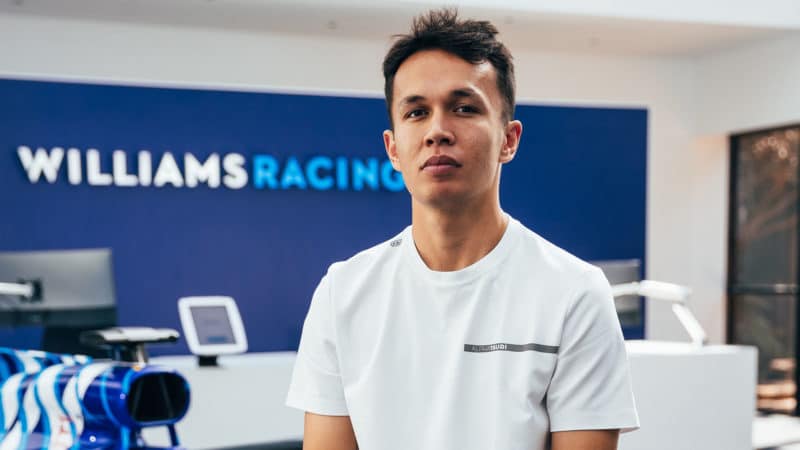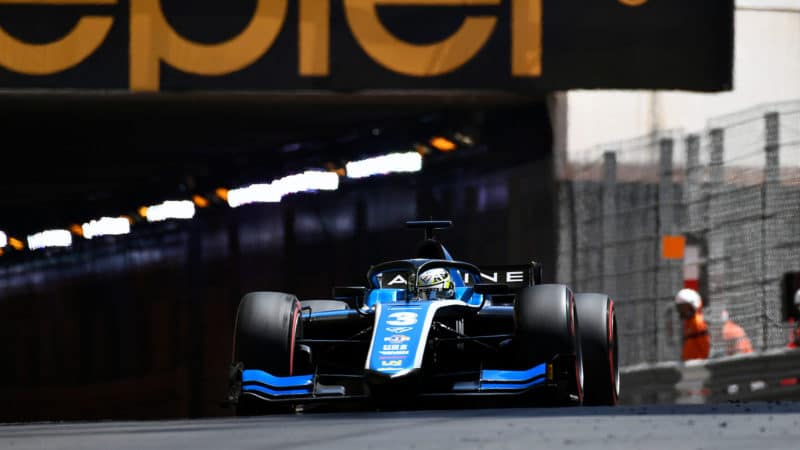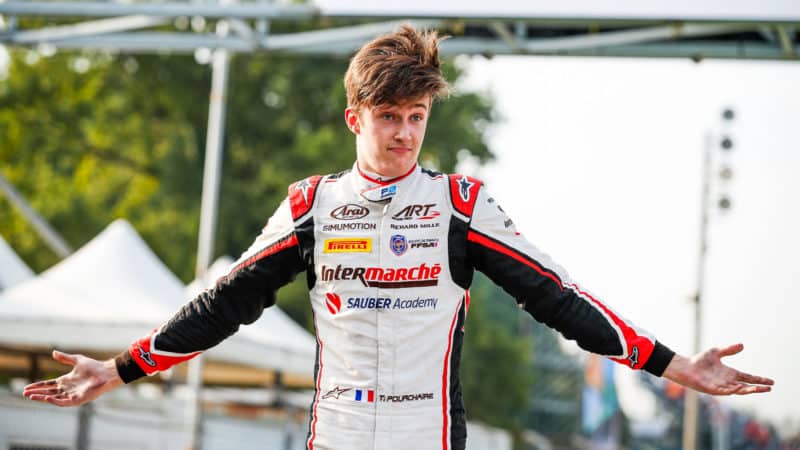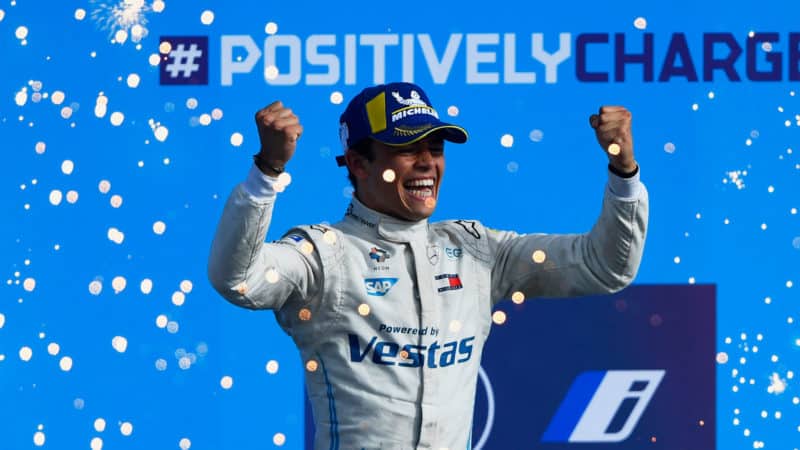That meant when Mercedes had a real interest in promoting Russell alongside Lewis Hamilton last year, it wasn’t as simple as moving him without other considerations, because there was a valid contract in place. And it was a valid contract that had shown the faith both Mercedes and Williams had in him.
It was a much more traditional partnership in the sense that Williams takes Mercedes powertrains (and from next year, gearboxes) so that tie-in provides a link between the driver and his parent team.
That’s something that is still prominent at Haas, where Mick Schumacher is the Ferrari junior in a Ferrari-powered team. Team principal Guenther Steiner is never one to avoid a straight answer when he sees no reason not to, and confirms exactly how that partnership works from his perspective.
“We have an agreement between the two of us, but I cannot go into what is exactly is in the contract,” Steiner says. “But we have agreed that we take one of the Ferrari drivers.”
It was Alfa Romeo that had that sort of relationship in the past, but the fact Antonio Giovinazzi could be out of a seat this year in order to make space for a junior from another team shows how that situation is changing.
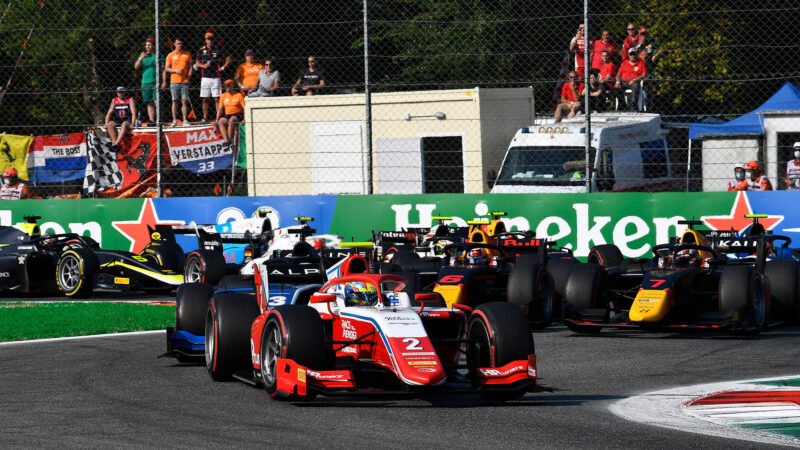
Oscar Piastri has dominated junior formula in recent years, but appears there’s no obvious route to F1 for the youngster
Grand Prix Photo
Mercedes, Ferrari, Red Bull, Alpine – there are so many academies linked with big constructors’ and not enough obvious teams to place the drivers in that they have to get a bit creative.
Albon’s move to Williams is likely to provide a similar financial set-up to that of Russell before him, but it also opens doors for the now Dorilton-owned team. No partnership is permanent and if Williams were to move away from Mercedes power in future then they’re smart to have existing links.
